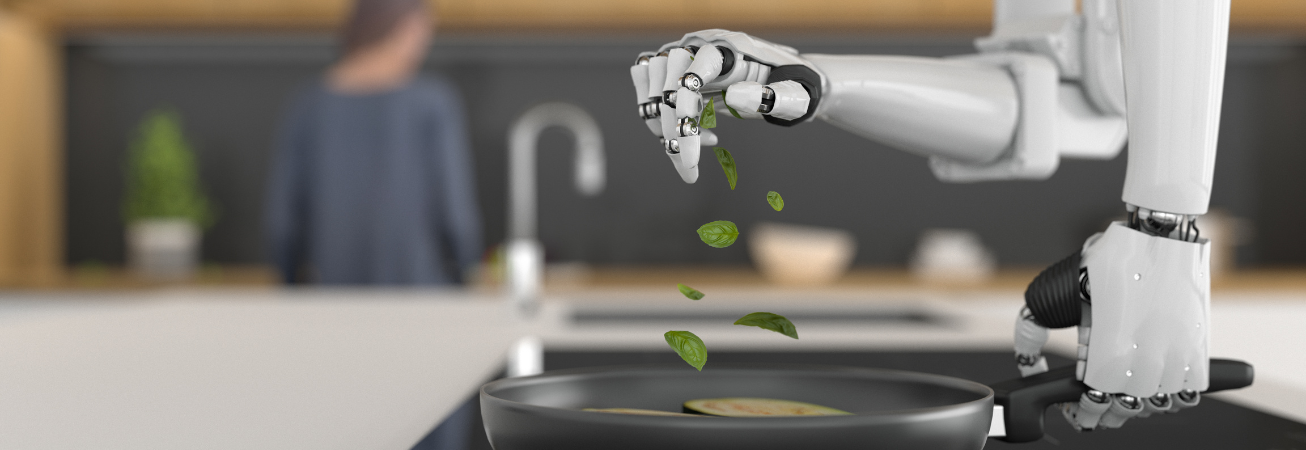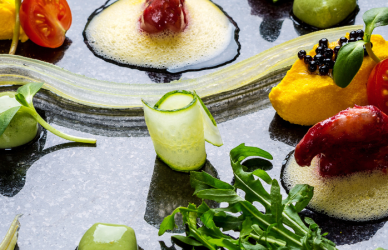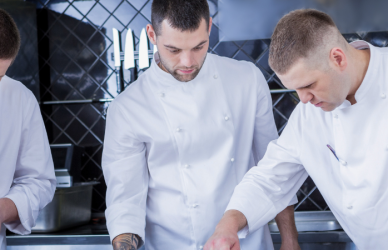Introduction
Imagine walking into a restaurant where your order is taken by an AI assistant, prepared by robotic chefs, and delivered to your table by a self-driving cart—no human in sight. While that may sound like science fiction, the future of dining in Germany is already here, and it’s increasingly digital, automated, and intelligent.
From smart kitchens and QR menus to AI-powered reservations and delivery bots, Germany’s food industry is embracing cutting-edge technology to meet changing consumer expectations, reduce labor shortages, and enhance operational efficiency. Let’s take a look at how robotics and artificial intelligence are reshaping the German dining experience.
Why Tech-Driven Dining Is Gaining Traction
Germany, known for its engineering prowess, is now applying its tech culture to hospitality. The rise of smart dining is driven by:
- Labor shortages in hospitality sectors
- Increased demand for contactless service post-pandemic
- Customer expectations for speed and personalization
- A push for sustainability and resource efficiency
What started as a novelty in Berlin or Munich is now spreading to mid-sized cities and even university towns.
Smart Kitchens – Efficiency Behind the Scenes
Restaurants across Germany are investing in smart kitchen technology to streamline operations:
- Automated cooking equipment that ensures consistent temperatures and timing
- Inventory-tracking sensors that minimize food waste
- AI-based kitchen management systems that predict demand and adjust workflows
Leading brands and chains like Vapiano and Hans im Glück are using these systems to optimize prep and reduce downtime between orders.
AI-Powered Menus and Personalization
Gone are the days of static menus. Many tech-forward restaurants now use QR codes that adapt based on the time of day, season, or inventory levels. Some even suggest dishes based on:
- Customer preferences
- Past orders
- Dietary restrictions
AI can recommend the best wine to pair with your meal, highlight trending dishes, or offer multilingual support to tourists—all from your smartphone.
Robots and Automation in the Dining Room
Robots are no longer limited to sushi bars in Tokyo. In Germany, you’ll now find:
- Robot waiters in malls and high-traffic areas (e.g., BellaBot by Pudu Robotics)
- Self-ordering kiosks in fast casual restaurants
- Automated coffee machines and smoothie stations in train stations or airports
These tools not only reduce wait times but also enhance the novelty factor—a big draw for younger diners.
Delivery Goes High-Tech
The future of food delivery in Germany is all about speed, sustainability, and automation:
- AI-powered route optimization for delivery drivers
- Autonomous delivery bots already piloted in cities like Hamburg
- Drone delivery being explored for remote or rural areas
Platforms like Wolt and Lieferando are testing smart lockers, real-time tracking, and eco-friendly packaging to keep up with tech-savvy customers.
Ethical Considerations and Challenges
Despite the excitement, smart dining raises key questions:
- What happens to human jobs in hospitality?
- How do we protect data privacy in AI systems?
- Can technology replace human warmth and service?
Many restaurants are aiming for “tech-assisted” rather than “tech-only” dining, where automation handles efficiency but humans still deliver hospitality.
Conclusion
Germany’s dining future is fast, smart, and surprisingly close. As robots roll in and AI designs your next meal, the role of the chef, waiter, and even the customer is being redefined.But no matter how advanced the tools become, one thing remains: great dining is still about good food, shared experiences, and emotional connection. In this future, technology isn’t replacing that—it’s helping us do it better, faster, and more sustainably.





